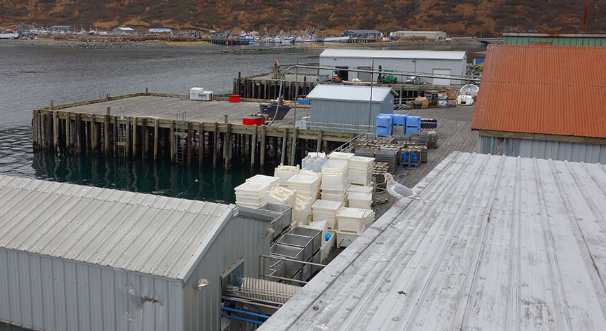HB 261 Would Help Them Secure Financing, Increase Alaskan Ownership
(Juneau) – The Alaska State House yesterday unanimously passed a bill to increase Alaskan ownership of Alaskan fisheries by enabling a larger number of state residents to secure the level of financing necessary to purchase limited entry commercial fishing permits.
HB 261 modifies the Commercial Fishing Loan Act to address the economic reality of today’s permit costs. The bill doubles the maximum loan amount for entry permits from $100,000 to $200,000.
Representative Bryce Edgmon said salmon permits are selling for well over $100,000 in several areas of the state. For example, in 2011 salmon seining permits in Southeast averaged $129,500; Prince William Sound drift gillnet permits averaged $161,600; and Alaska Peninsula drift gillnet permits averaged $127,000.
“It only makes sense that loan amounts through the program should be sufficient to cover the current costs of many commercial fishing entry permits,” Edgmon, D-Dillingham, said.
Edgmon said the bill holds special promise for young Alaskan entrepreneurs, who in recent years have found it more difficult to secure the large amounts of capital needed to launch gainful, life-long fisheries businesses. By helping a larger number of young Alaskans pursue ownership-level careers in fisheries, HB 261 will contribute to efforts to reverse the “graying of the fleet”—the worrying increase in the average age of resident skippers in commercial fisheries across Alaska.
“Every fishing operation is a small business,” Edgmon said. “Skippers create jobs and add dollars to communities. In many Alaskan towns, the addition of even just a handful of permit holders is a big deal.
“HB 261 will strengthen one of the Commercial Fishing Loan Act’s most important purposes: To develop predominantly resident fisheries in Alaska,” Edgmon said. “By helping to put a greater number of limited entry permits in residents’ hands and by keeping a greater proportion of fisheries earnings in the state, HB 261 will fortify Alaska’s economy.”
HB 261 now moves to the Alaska Senate for consideration.








